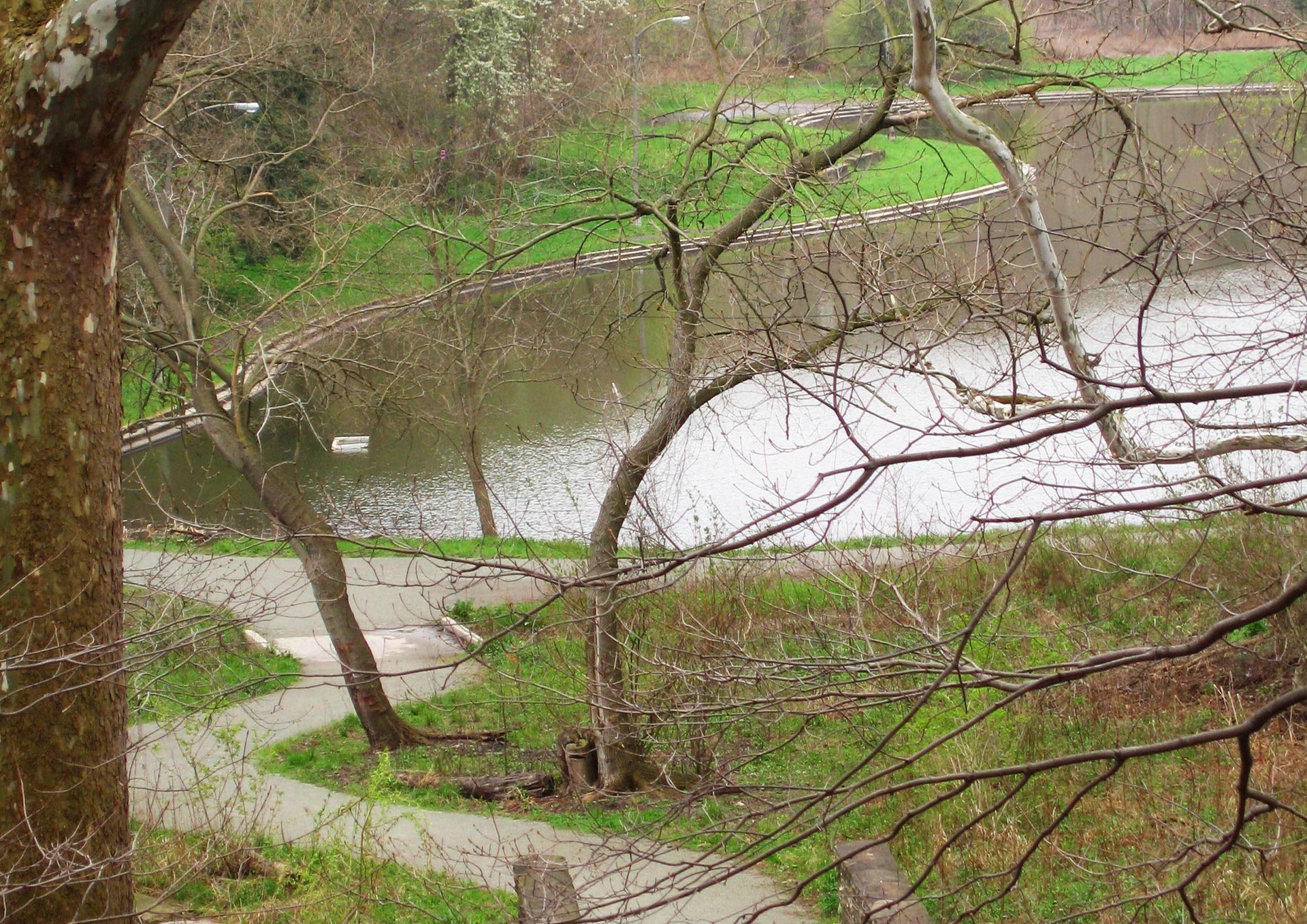New MCSI Seed Grant Encourages Students to Get Their Hands Dirty for Sustainability
PITTSBURGH (November 23, 2016) … The Mascaro Center for Sustainable Innovation (MCSI) has provided seed funding of $49,912 for a new research and education effort that will look at changes in soil moisture, particularly in areas where the natural environment interacts with urban areas. Taking a “Living Lab” approach to gathering data for the research, the project will encourage students and faculty to gather large quantities of soil moisture observations and generate a dataset for evaluating hypotheses about sustainable urban hydrology.
“Soil moisture is a great indicator of important information about watershed storage, water quality, nutrient content and ecological communities,” said Brian Thomas, assistant professor in Pitt’s Dietrich School of Arts and Sciences’ Department of Geology and Environmental Science and principal investigator of the study. “The lack of soil moisture observation hinders urban hydrological studies, so we are going to engage sustainability-minded students to work inside and outside of the lab to gather data and come up with ways to assess green infrastructure for storm water management.”
Co-investigators on the study include Daniel Bain and Emily Elliott from the Department of Geology and Environmental Science and David Sanchez from the Swanson School’s Department of Civil and Environmental Engineering.
MCSI seed grants provide funding to develop ideas to the point in which external funding can be obtained. Over the past 12 years, MCSI has provided nearly $3 million to more than 45 individual faculty private investigators in support for sustainability research and has resulted in funding from federal agencies totaling more than $18 million.
###
Image Source: By KitAy from Pittsburgh, USA (Panther Hollow Lake) [CC BY 2.0], via Wikimedia Commons
Contact: Paul Kovach

